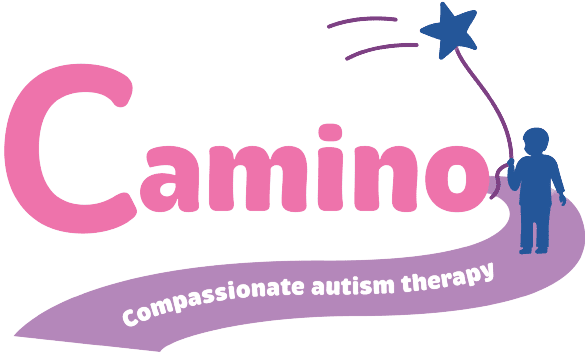Applied Behavior Analysis (ABA) therapy encompasses a variety of techniques designed to address the unique needs of individuals with autism spectrum disorder (ASD) and other developmental disabilities. By utilizing evidence-based strategies, ABA therapy aims to improve communication, social skills, academic performance, and daily living skills while reducing challenging behaviors. Let’s explore some of the different types of ABA therapy techniques and their effectiveness.
What Does ABA Therapy Do?
ABA therapy aims to enhance the quality of life for individuals with autism spectrum disorder (ASD) and other developmental disabilities by targeting specific areas of skill development and behavior management. Through systematic intervention and reinforcement strategies, ABA therapy helps individuals acquire essential life skills, such as communication, social interaction, self-care, and academic abilities.
Discrete trial training (DTT) involves breaking down complex skills into smaller, more manageable steps and providing repeated practice and reinforcement for correct responses. Naturalistic teaching strategies capitalize on everyday opportunities to teach and reinforce desired behaviors within natural environments, such as home or school settings.
Pivotal response training (PRT) targets pivotal areas of development, such as motivation and self-initiation, to promote broader improvements in functioning. Additionally, behavior modification techniques focus on identifying and modifying specific behaviors through positive reinforcement, shaping, and extinction procedures.
By tailoring interventions to each individual’s unique strengths, needs, and learning styles, ABA therapy maximizes the effectiveness of treatment and promotes meaningful progress in all areas of development.
Evaluating the Pros and Cons of ABA Therapy in Different Age Groups
When assessing the suitability of ABA therapy for different age groups, several factors should be taken into account. For toddlers and young children, the pros of ABA therapy, particularly EIBI, include its ability to capitalize on neuroplasticity during critical developmental periods, leading to significant gains in language, social skills, and cognitive functioning. Early intervention can also reduce the severity of challenging behaviors, laying a foundation for improved long-term outcomes.
However, for older children and adults, the effectiveness of ABA therapy may vary depending on factors such as the individual’s level of cognitive functioning, motivation, and responsiveness to treatment. While ABA techniques can still promote skill acquisition and behavior management in these age groups, the potential drawbacks can include longer treatment durations and challenges in addressing entrenched behavioral patterns.
ABA therapy offers valuable benefits across the lifespan, but the approach and focus may need to be tailored to meet the unique needs and goals of individuals at different stages of development.
Parent and Caregiver Roles in ABA Therapy Strategies
Parents and caregivers play a crucial role in the success of ABA therapy interventions. Through parent training programs, caregivers learn how to implement ABA techniques in the home environment, reinforce desired behaviors, and effectively manage challenging situations. By actively participating in their child’s therapy and implementing consistent strategies, parents can facilitate the generalization of skills and promote long-term progress.
ABA therapy offers a comprehensive and individualized approach to addressing the diverse needs of individuals with autism and related disorders. By utilizing evidence-based techniques and actively involving parents and caregivers, ABA therapy aims to maximize the potential for growth and development in all areas of functioning.
For more information on ABA therapy techniques and how they can benefit your child, contact us at Camino Behavioral Health today. Our team of experienced professionals is dedicated to providing personalized and effective treatment options for individuals with autism and their families. Take the first step towards a brighter future with ABA therapy from Camino!

